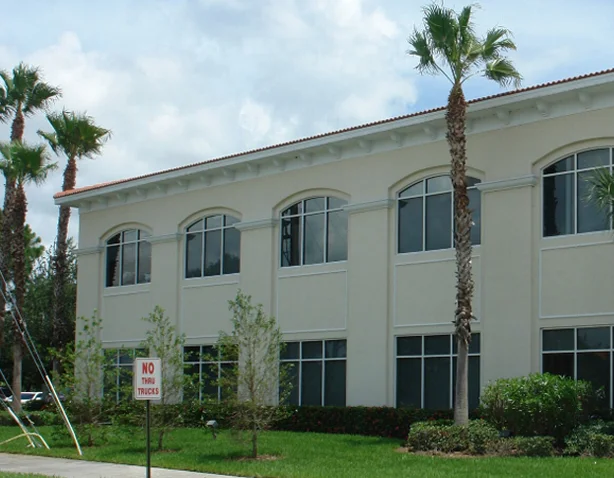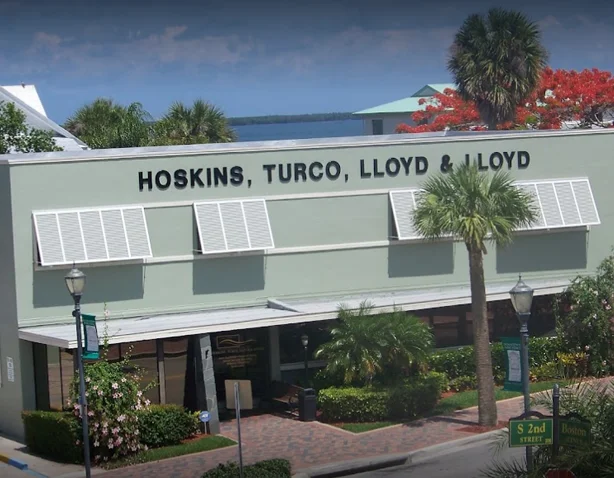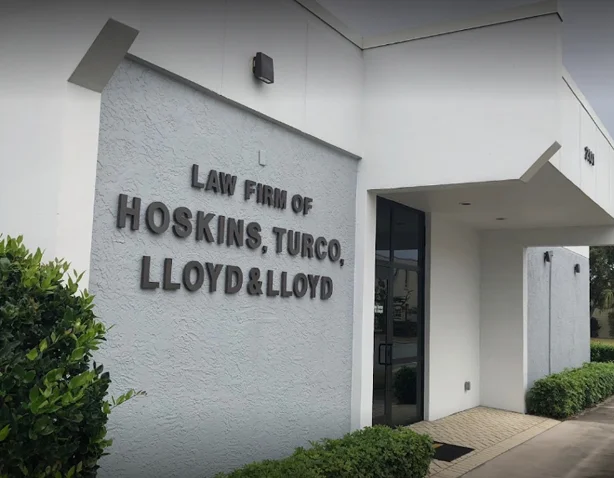While the holidays can bring joy, they can also lead to financial stress if not managed carefully. Here are 7
Bankruptcy Posted on Jun 22, 2023

Filing for bankruptcy can be a complex and challenging process. However, it can also offer a fresh start and relief from overwhelming debts. If you reside in Port St. Lucie or Fort Pierce, and are considering bankruptcy as a viable option, this blog will serve as a helpful guide. Here, we outline the key steps and important considerations involved in filing for bankruptcy in St. Lucie County.
Bankruptcy refers to a legal process that allows individuals, businesses, or other entities to seek relief from their overwhelming debts and financial obligations. It is a formal declaration that acknowledges an inability to repay debts as they become due. When someone files for bankruptcy, it is typically done through a court system, where the debtor’s assets, liabilities, and financial affairs are evaluated and managed according to specific bankruptcy laws and regulations.
The primary objective of bankruptcy is to provide debtors with a fresh start by either discharging their debts or establishing a structured repayment plan. The specific details and procedures of bankruptcy can vary depending on the jurisdiction and the type of bankruptcy being pursued.
There are many misconceptions about filing for bankruptcy. It’s important to know that filing for bankruptcy does not mean you lose everything. It also does not ruin your credit score forever. Learn more about the common misonceptions of filing for bankruptcy here.
There are several different types of bankruptcy available under the United States Bankruptcy Code. Below are the three most common types of bankruptcy for individuals and businesses in St. Lucie County.
Also known as “liquidation bankruptcy,” Chapter 7 bankruptcy involves the liquidation of non-exempt assets to repay creditors. A court-appointed trustee oversees the sale of assets and distributes the proceeds among eligible creditors. Many unsecured debts can be discharged, providing the debtor with a fresh start.
Chapter 13 bankruptcy is often referred to as “reorganization bankruptcy” or a “wage earner’s plan.” It allows individuals with a regular income to create a court-approved repayment plan to repay their debts over a period of three to five years. Debtors can keep their assets while making monthly payments to the bankruptcy trustee.
Chapter 11 bankruptcy primarily applies to businesses and individuals with substantial debts. It involves the reorganization of debts to develop a plan for repaying creditors over time while continuing business operations. Chapter 11 bankruptcy provides more flexibility and is commonly used by large corporations but can also be utilized by individuals with complex financial situations.
To file for bankruptcy in Port St. Lucie or Fort Pierce, you must meet certain eligibility requirements. Here are the key factors to consider:
Once you determine bankruptcy is the best option for you, there are certain steps to the bankruptcy process. Note, these are general steps. Each bankruptcy case is different.
Hiring a bankruptcy attorney can provide numerous benefits and significantly enhance your experience and outcomes throughout the bankruptcy process.
We can help. Call us at 866-930-6435.
Our experienced St. Lucie County bankruptcy attorneys have helped hundreds of Port St. Lucie and Fort Pierce residents and businesses get a fresh financial start. We can help you navigate the complexities of bankruptcy law, provide personalized advice, protect your rights, streamline the process, and maximize the benefits available to you. Our expertise and support will make a significant difference in your bankruptcy experience and ensure the best possible outcome for your financial future.
We offer free bankruptcy consultations to help you understand your legal and financial options. Call us today at 866-930-6435 to schedule your complimentary meeting.
While the holidays can bring joy, they can also lead to financial stress if not managed carefully. Here are 7
Filing for bankruptcy is a significant decision that can have long-lasting effects on your financial health and personal life. It’s
Filing for bankruptcy can be a challenging decision, and understanding how it impacts your assets is crucial. In Florida, bankruptcy

Phone: (772) 344-7770
Fax: (772) 344-3838

Phone: (772) 464-4600
Fax: (772) 465-4747

Phone: (772) 577-7551
Fax: (772) 794-7773

Phone: (863) 357-5800
Fax: (863) 763-2237
As the law firm Florida has trusted for over 40 years to fight on their behalf, we are more than ready to represent you. Put our experience and reputation to work. If you need help with any legal matter, whether it’s a personal injury, workers’ compensation, disability or bankruptcy case, contact us now. The consultation is absolutely free.
Get the answers you need. We’ll review your case today, for free.
"*" indicates required fields